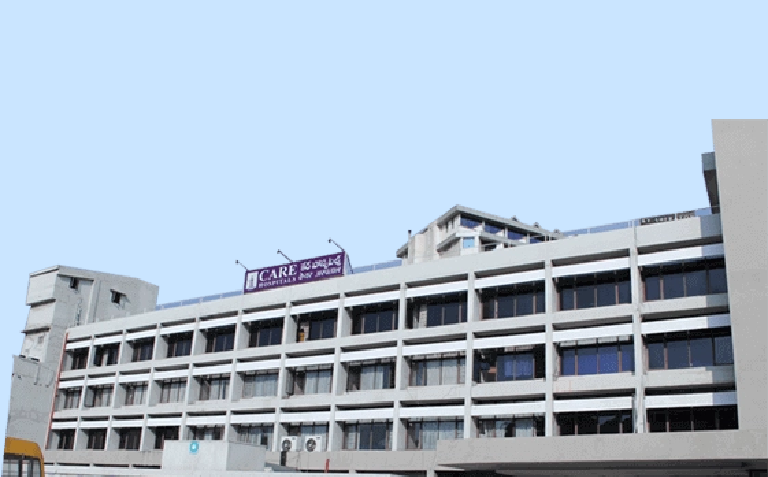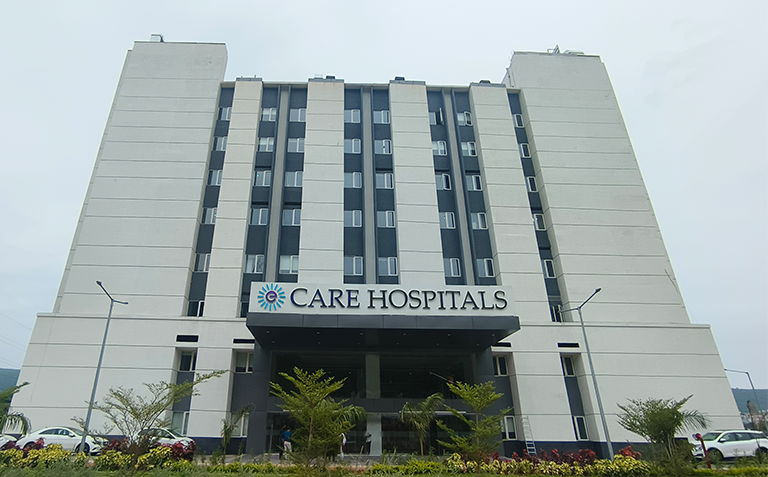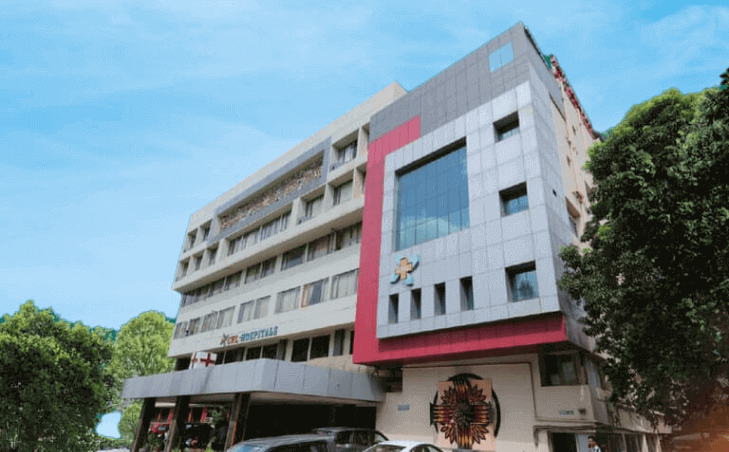-
Doctors
-
Specialities & Treatments
Centre of Excellence
Specialties
Treatments and Procedures
Hospitals & Directions HyderabadCARE Hospitals, Banjara Hills CARE Outpatient Centre, Banjara Hills CARE Hospitals, HITEC City CARE Hospitals, Nampally Gurunanak CARE Hospitals, Musheerabad CARE Hospitals Outpatient Centre, HITEC City CARE Hospitals, Malakpet
HyderabadCARE Hospitals, Banjara Hills CARE Outpatient Centre, Banjara Hills CARE Hospitals, HITEC City CARE Hospitals, Nampally Gurunanak CARE Hospitals, Musheerabad CARE Hospitals Outpatient Centre, HITEC City CARE Hospitals, Malakpet Raipur
Raipur
 Bhubaneswar
Bhubaneswar Visakhapatnam
Visakhapatnam
 Nagpur
Nagpur
 Indore
Indore
 Chh. Sambhajinagar
Chh. SambhajinagarClinics & Medical Centers
Book an AppointmentContact Us
Online Lab Reports
Book an Appointment
Consult Super-Specialist Doctors at CARE Hospitals

Anaesthesiology
Anaesthesiology
Pain Management/Anesthesia Hospital in Hyderabad, India
Anaesthesiology is the branch of medical science that deals with the total perioperative care of patients before, during and after surgery. It encompasses anaesthesia, intensive care medicine, and pain medicine. Anaesthesia is given to relieve pain and sensation during the surgery.
The Department of Anaesthesiology at CARE Hospitals has the most skilled and well-experienced anaesthesiologists who deliver the best anaesthetic care. The anaesthesiologists use the most advanced, safe and patient-focused methods to cater to the needs of the patient.
The type of surgery and the medical condition decides the type of anaesthesia to be given to the patient. It is only administered after thorough analysis, including preliminary factors like pre-medical conditions, any known allergies, smoking history, family history, vitals, and psychological factors. Depending upon the preliminary and secondary diagnosis, the type of anaesthesia is given. It can be:
-
Local anaesthesia: It is given to temporarily stop the pain and sensation in a particular area of the body, where a minor procedure is done.
-
Regional anaesthesia: It is given to numb the surgical site or the operating area during the surgery such as a spinal anaesthetic and epidural anaesthetic.
-
General anaesthesia: It is given to induce unconsciousness during the surgery.
Different Types of Anesthesia
There are different kinds of anesthesia used for surgery. Each type suits different situations. Here are the main types of anesthesia and what to expect before, during, and after surgery for each:
- Local Anesthesia:
- Before Surgery: The area to be operated on is numbed using an injection of local anesthetic medication.
- During Surgery: The patient remains awake and alert while the surgical site is numb, allowing the surgeon to perform the procedure without pain.
- After Surgery: Sensation typically returns gradually as the effects of the local anesthetic wear off. Patients may experience some discomfort or pain at the surgical site, which can be managed with pain medication as needed.
- Regional Anesthesia:
- Before Surgery: Regional anesthesia involves numbing a larger area of the body, such as an arm, leg, or entire lower body, using an injection near the nerves supplying that area.
- During Surgery: Similar to local anesthesia, patients receiving regional anesthesia remain awake and aware during the procedure, but the numbing effect extends to a larger area of the body.
- After Surgery: As with local anesthesia, sensation gradually returns as the effects of the regional anesthesia subside. Pain management strategies may be implemented to address any discomfort following surgery.
- General Anesthesia:
- Before Surgery: Patients receiving general anesthesia are typically instructed to refrain from eating or drinking for a certain period before the procedure. They may also undergo preoperative assessments and tests to ensure they are fit for anesthesia.
- During Surgery: General anesthesia induces a state of unconsciousness, during which the patient is completely unaware and does not experience pain. It is administered intravenously or via inhalation, and the patient's vital signs are closely monitored by an anesthesia provider throughout the procedure.
- After Surgery: After the surgery is completed, the patient is gradually awakened from anesthesia in the recovery room. Patients may experience some grogginess, nausea, or sore throat as they emerge from anesthesia. Pain management and postoperative care are provided as needed.
- Sedation (Monitored Anesthesia Care):
- Before Surgery: Patients undergoing sedation are often instructed to avoid eating or drinking for a certain period before the procedure.
- During Surgery: Sedation induces a state of relaxation and drowsiness, allowing the patient to remain semi-conscious or asleep during the procedure. It is commonly used for minimally invasive procedures or surgeries that do not require general anesthesia.
- After Surgery: Patients may feel drowsy or groggy after receiving sedation. They are closely monitored during the recovery period to ensure their safety and comfort.
Our Doctors
-

Dr. Vijay Mahajan
MBBS, MD (Anaesthesiology)
Anaesthesiology
View More -

Dr. Meenu Chadha
MBBS, MD (Anaesthesia), FICA
Anaesthesiology
View More -

Dr. Mayank Masand
MBBS DA, DNB (Anesthesiology)
Anaesthesiology
View More -

Dr. Ajay Shankar Saxena
MBBS, MD (Anesthesiology)
Anaesthesiology
View More -
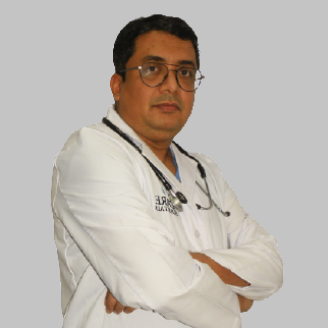
Dr. Akshay Bahe
MBBS, MD (Anaethesia)
Anaesthesiology
View More -

Dr. Ankita Mohta
MBBS, MD (Anesthesia), PDCC (NeuroAnesthesia), FIRA
Anaesthesiology
View More -

Dr. Anooradha
MBBS, MD, PDCC, IDCCM, MBA
Anaesthesiology
View More -

Dr. Balaji Asegaonkar
MBBS, MD, DNB (Anaesthesiology)
Anaesthesiology
View More -
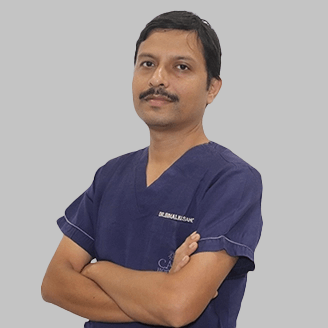
Dr. Bimal Sahoo
MBBS, MD (Anesthesia), DM (Neuro Anesthesia)
Anaesthesiology
View More -

Dr. Deepak Singh
MBBS, MD, DM
Anaesthesiology
View More -

Dr. Dharma Jivan Samantaray
MBBS, DNB (Anaesthesia), IDCCM, FICCC, FTEE, FIECMO, FIECHO, FIAMS, CCEPC
Anaesthesiology
View More -

Dr. Durga Sekhar Babu
MBBS, MD
Anaesthesiology
View More -

Dr. Gaurav Agarwal
MBBS, DNB (Anesthesiology), PGDHA, CCEPC (AIIMS), FIPM (Germany), FRA (Germany), FPM (Germany)
Anaesthesiology
View More -

Dr. M Sadath Ali Khan
MBBS, MD, FFARCSI
Anaesthesiology
View More -
Dr. M Srinivas
MBBS, MD, FNB (Critical Care Medicine)
Critical Care Medicine, Anaesthesiology
View More -

Dr. M. Lakshmi Prashanth Kumar
MBBS, MD (Anaesthesiology), IDCCM
Anaesthesiology
View More -

Dr. Mala Jose John
MBBS, DA, DNB (Anaesthesia)
Anaesthesiology
View More -

Dr. Manasa M.
MBBS, DNB (Anesthesiology)
Anaesthesiology
View More -

Dr. Manoranjan Padhi
MBBS, MD (Anaesthesiology), FNB (Cardiac Anaesthesia)
Anaesthesiology
View More -

Dr. Mohammed Ahsanullah
MBBS, DA
Anaesthesiology
View More -

Dr. Murali Mohan
MBBD, MD
Anaesthesiology
View More -

Dr. Naveen
MBBS, MD, IDCCM
Anaesthesiology
View More -

Dr. Nitin Chopde
MBBS, MD
Anaesthesiology
View More -

Dr. Pramod Apsingekar
MD (Anesthesiology), FPM (Fellow in pain management)
Anaesthesiology
View More -

Dr. Priyadarshani Padhihari
MBBS (MKCG Medical College & Hospital, Berhampur), DNB (Apollo Hospitals, Bhubaneswar).
Anaesthesiology
View More -
Dr. Ritesh Roy
MBBS, MD, FRA (Germany)
Anaesthesiology
View More -

Dr. Sarvesh Lal
MBBS, MD
Anaesthesiology
View More -

Dr. Shailendra Bakshi
MBBS, DA
Anaesthesiology
View More -

Dr. Shruti C Khatkhedkar
MD
Anaesthesiology
View More -

Dr. Somita Christopher
MBBS, MD (Anaesthesiology)
Anaesthesiology
View More -

Dr. Sri Prakash
MBBS, DA, (DNB)
Anaesthesiology
View More -

Dr. Sudhakar Koneru
Anaesthesiology
View More -

Dr. Sunil Pulla
Anaesthesiology
View More -
Dr. T Lakshmi Rani
MBBS, Diploma in Anesthesia, FRCA, MBA (Hospital Administration)
Anaesthesiology
View More -

Dr. Thota Venkata Sanjeev Gopal
MBBS, M.D. (PGIMER)
Anaesthesiology
View More -

Dr. Vivekananda Sahu
MBBS, MD (BHU), PGCC(Neuroanesthesia)
Critical Care Medicine, Anaesthesiology
View More
Our Locations
CARE Hospitals, a part of the Evercare Group, brings international quality healthcare to serve patients across the world. With 16 healthcare facilities serving 7 cities across 6 states in India, we are counted among the top 5 pan-Indian hospital chains.
-
CARE Hospitals, Banjara Hills, Hyderabad
Road No.1, Banjara Hills, Hyderabad, Telangana - 500034
-
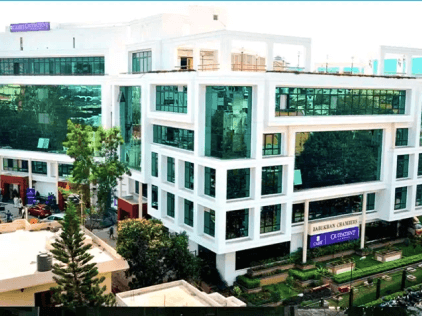
CARE Hospitals Outpatient Centre, Banjara Hills, Hyderabad
BabuKhan Chambers, Road No.10, Banjara Hills, Hyderabad, Telangana - 500034
-
CARE Hospitals, HITEC City, Hyderabad
Old Mumbai Highway, Near Cyberabad Police Commissionerate, Jayabheri Pine Valley, HITEC City, Hyderabad, Telangana - 500032
-

CARE Hospitals Outpatient Centre, HITEC City, Hyderabad
Jayabheri Pine Valley, Old Mumbai Highway, Near Cyberabad Police Commissionerate HITEC City, Hyderabad, Telangana - 500032
-
Gurunanak CARE Hospitals, Musheerabad, Hyderabad
1-4-908/7/1, Near Raja Deluxe Theatre, Bakaram, Musheerabad, Hyderabad, Telangana – 500020
-

CARE Hospitals, Nampally, Hyderabad
Exhibition Grounds Road, Nampally, Hyderabad, Telangana – 500001
-
CARE Hospitals, Malakpet, Hyderabad
16-6-104 to 109, Metro Pillar Number 1393, Old Kamal Theater Complex Chaderghat Road, Opp Niagara Hotel, Chaderghat, Hyderabad, Telangana - 500024
-
Ramkrishna CARE Hospitals, Raipur
Aurobindo Enclave, Pachpedhi Naka, Dhamtari Road, Raipur, Chhattisgarh - 492001
-
CARE Hospitals, Bhubaneswar
Unit No.42, Plot No. 324, Prachi Enclave Rd, Rail Vihar, Chandrasekharpur, Bhubaneswar, Odisha - 751016
-

Ganga CARE Hospital Limited, Nagpur
3 Farmland, Panchsheel Square, Wardha Road, Nagpur, Maharashtra – 440012
-

United CIIGMA Hospitals (A unit of CARE Hospitals), Chh. Sambhajinagar
Plot no 6, 7, Darga Rd, Shahnoorwadi, Chh. Sambhajinagar, Maharashtra 431005
Doctor Videos
-


How Doctors Choose the Right Anaesthesia | CARE Samvaad
-


Anaesthesia 101 – Explained Simply | CARE Samvaad
-


CARE Samvaad Ep.16 | Behind the Mask: Anaesthesia, Pain Management & Surgical Safety
-


CARE SAMVAAD – Demystifying Anaesthesia with Dr. T V S Gopal
-


World Anesthesia Day | Dr. Ritesh Roy | CARE Hospitals, Bhubaneswar
-


Anesthesiologist's Contribution to Surgery | Dr. T.V.S. Gopal | CARE Hospitals, Banjara Hills
-


Anesthesiologist Role as a Perioperative Physician | Dr. T.V.S.Gopal | CARE Hospitals, Banjara Hills
-


World Anesthesia Day | Dr. Thota Venkata Sanjeev Gopal | CARE Hospitals, Banjara Hills
-


Traumatic Brain Injury | World Trauma Day | Dr. TVS Gopal | CARE Hospitals
-


What are Crush Injuries? | World Trauma Day | Dr. TVS Gopal | CARE Hospitals
-


Post Traumatic Stress Disorder | PTSD | World Trauma Day | Dr. TVS Gopal | CARE Hospitals
-


Is Anaesthesia Always Safe?| World Anaesthesia Day | Dr. TVS Gopal | CARE Hospitals
-


What is Awareness Under Anaesthesia? | World Anaesthesia Day | Dr. TVS Gopal | CARE Hospitals
-


Use of Anaesthesia in Pain Management | World Anaesthesia Day | Dr. TVS Gopal | CARE Hospitals
-


Precautions Taken Before Administering Anaesthesia to a Patient | Dr. TVS Gopal | CARE Hospitals
-


Types of Anaesthesia | World Anaesthesia Day | Dr. Thota Venkata Sanjeev Gopal | CARE Hospitals
-
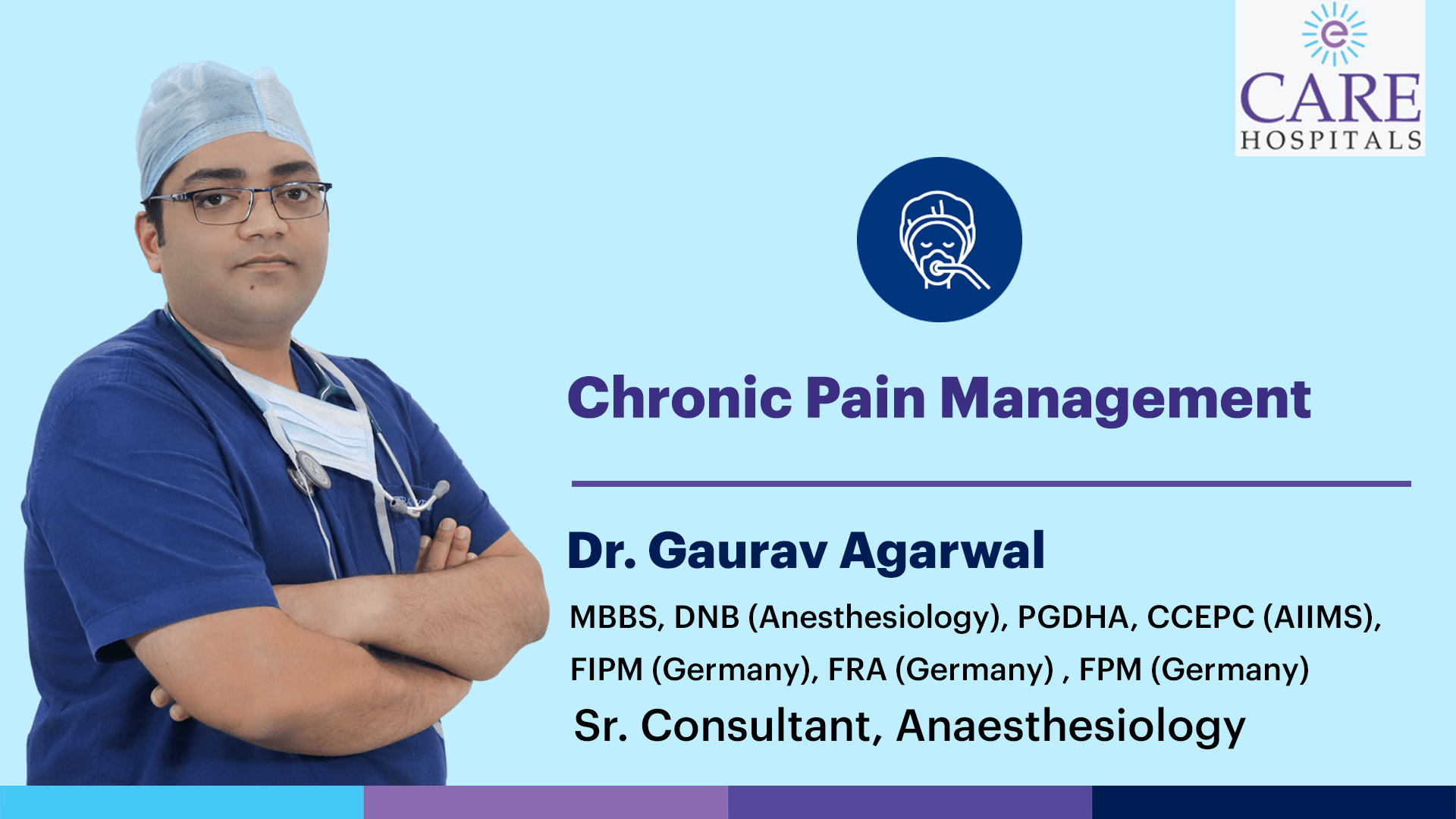

Chronic pain management: What You Should Know | CARE Hospitals | Dr. Gaurav Agarwal
-


Trigeminal Neuralgia: Causes, Symptoms, and Treatments | CARE Hospitals | Dr. Gaurav Agarwal
-
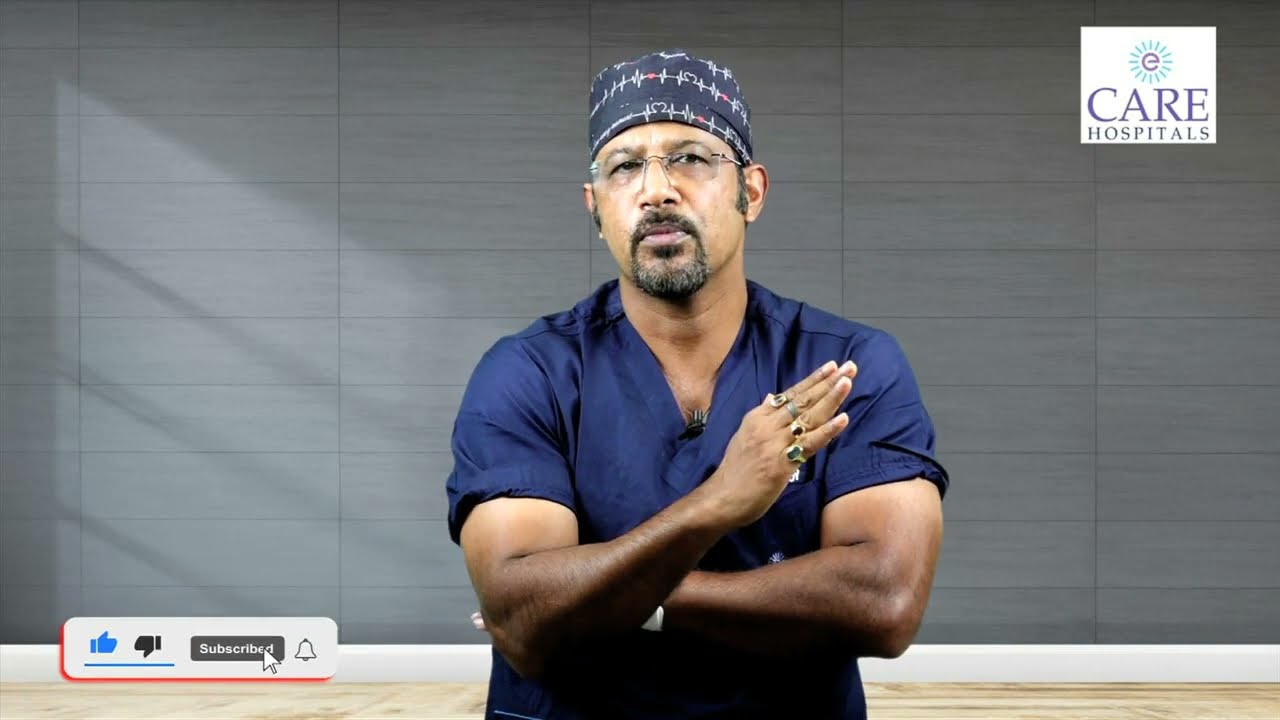

Common Myths About Anesthesia that YOU Should Know | CARE Hospitals | Dr Ritesh Roy
-


How Painless Delivery Can Benefit You | CARE Hospitals | Dr Ritesh Roy
-


Anesthesia: How To Live A Life Without Pain | CARE Hospitals | Dr Ritesh Roy
-


The Pre-Anesthesia Checkup - Why It's So Important | CARE Hospitals | Dr Ritesh Roy
-


Neuropathic Pain: Causes, Treatment and medication | CARE Hospitals | Dr Gaurav Agarwal
-


How to Relieve Osteoarthritis Pain without Surgery | CARE Hospitals | Dr Gaurav Agarwal
Frequently Asked Questions
Couldn’t find what you were looking for?
Need any help? Get a Call Back.

Still Have a Question?




